The FIFA World Cup in 2022 in Qatar garnered more attention from the international community due to Qatar's ability to change perceptions of it as a nation capable of hosting the biggest sporting events. Many countries have recently sought to host international sports events in an effort to enhance their posture diplomatically, improve their reputation as well as shore up their position within the international community. To that end, “Sports Diplomacy” has been used to achieve understanding and peace among nations and promote the countries’ political and ideological goals. On the other hand, countries exploited sports as an approach aiming at asserting the superiority and strength of the state; for instance, the 1936 Olympic Games were held in Germany, and the 1934 FIFA World Cup was held in Mussolini’s Italy. In other cases, sports played a more constructive role in the 1990s, representing an opportunity for South Africa to surpass the apartheid era and look forward to a better future. For China, sports have played a role in introducing an open policy and a more influential economy.
A state’s reputation is one of the key factors affecting its international relations, as it reflects its global image, influencing its recognition and interaction with other countries. With sports diplomacy, states could carry out several interests, such as boosting diplomatic ties with other states, raising the degree of understanding and cooperation among people and governments, and improving the state's public image globally. In other words, sports diplomacy is an effective tool for attaining diplomatic goals and promoting the state’s reputation worldwide. This analysis seeks to shed more light on the link between sports diplomacy and the state’s reputation and how the state’s stance in the international community is enhanced by sports diplomacy.
What is State Reputation?
Reputation is the “public image or perception” embraced by the international community towards a state. This image is a significant element in determining the behaviour of the state and its attitude toward international relations. The “State Reputation” concept focuses on how the state’s reputation is affected by various factors, such as foreign policy, trade, and international events, and how to use this posture in international relations.
Many experts believe that reputation represents a critical driving force for the state’s foreign relations, and the states with righteous reputations usually gain more respect and have a notable influence in the international community. The factors that affect the state’s reputation include the following:
Foreign Policy it is an essential driving force in determining the state’s reputation within the international community. If a state adopts a foreign policy intended to achieve peace, stability, and cooperation with other states, then this policy will likely positively impact its reputation. For instance, Germany and Japan are renowned for their moderate policy that deepens international cooperation. On the other hand, Switzerland is considered one of the most stable states worldwide due to its neutral approach and reputation in innovation, technology, and sustainable development.
Economy it is another substantial factor in determining the state’s reputation, as financial and economic stability plays a part in improving the reputation. The United Arab Emirates (UAE) is among the countries with the fastest-growing economies. It has diversified economies based on oil and gas revenues, financial and non-financial services, and tourism, which helped its emirates become the first destination for international investors and companies. On the other hand, the United States and China are among the largest economies in the world, with a diversified and robust economy that hinges upon innovation, technology, manufacturing, and international trade.
Culture Culture, art, literature, music, and movies can affect the state’s reputation internationally, reflecting its rich history and cultural and artistic legacy. In this regard, France is one of the most prominent states in terms of cultural heritage, famous for its long-standing history in arts, literature, and philosophy. In addition, Paris is called the “Capital of Art” and is home to the headquarters of the United Nations Educational, Scientific and Cultural Organization (UNESCO).
Sports it is also a vital factor in determining the state’s reputation, as they may be used to meet diplomatic objectives and reinforce international relations. State reputation is established according to the achievements carried out by the state in the sports industry throughout its history. The US, Japan, Germany, Russia, and Brazil are among the states that adopt this approach, with different types of sports for each.
The Relationship between Sports Diplomacy and the State's Reputation
There is a close link between the state’s reputation and sports diplomacy, given that both focus mainly on the influence factor. Sports diplomacy affects the public abroad within the framework of implementing the foreign agenda of the state or changing its image and upgrading its external relations in the medium and long run. Therefore, the states compete to host or participate in international sporting events to bolster their international relations or build close relationships with specific countries. The 2010 FIFA World Cup gained widespread attention and piqued the curiosity of the entire globe in South Africa, the host country, as a country with a rich culture and sophisticated lifestyle. This event helped to enhance tourism and investment in the country.
The UAE has also hosted prominent events, including the World Golf Championship (WGC) and the FIFA Club World Cup. These events positively foster the country’s image and achieve economic and tourism benefits. In addition, some countries, such as the UAE, invest heavily in the sports industry and provide financial support and resources to their athletes.
Sports Diplomacy has a Direct Impact on the Country's Reputation and has a variety of Repercussions, Including:
Cultural effects Sports diplomacy enhances the state’s reputation by deploying the culture and national legacy of the state in the international community, reinforcing understanding and mutual respect between different countries and cultures – as in the case of Qatar’s 2022 FIFA World Cup.
Social effects Sports diplomacy consolidates ties and cooperation among countries in various spheres, such as sports, social, cultural and development cooperation, creating an environment of peace and stability within the international community.
Environmental effects: Sports diplomacy raises environmental awareness that, in turn, helps achieve sustainable development and preserve the environment and natural resources.
Economic effects Sports diplomacy contributes to establishing the state’s reputation in several ways, including promoting tourism by attracting more visitors. Being a destination for many people who want to attend sporting events, such as the World Cup and Olympic Games, the host state receives many visitors and tourists. Due to the fact that sports draw worldwide attention and create a vast space for business, the host state always seizes new investment opportunities. In addition to enhancing the state’s brand and surging its global popularity, sporting events also create new job opportunities and motivate overall investments.
Sports: A Mechanism to Improve the State's Reputation
A growing interest in sports diplomacy has emerged due to changes in the diplomatic environment, encouraging diplomatic circles and communities to adapt and forge new approaches.
After the Cold War, governments’ interest in sports diplomacy increased as an indirect means for achieving foreign policy goals; accordingly, sports diplomacy was used to form an attractive image of the country ahead of the foreign public.
In the current century, sports diplomacy is used as a robust mechanism in foreign policy for grabbing the public’s attention and promoting cultural and sports exchanges, reinforcing the rapprochement between countries. Sports and cultural exchange are considered soft power tools, which the states embrace in their foreign relations, ultimately building bridges between different cultures and societies.
A study conducted by Jonathan Grix and Barrie Houlihan focused on the 2006 FIFA World Cup, hosted by Germany, and the 2012 Olympic Games, hosted by the UK, shed light on the recent tendency to use sports as a soft power strategy to mend the states’ reputation and image ahead of the international community.
These states compete to host sports events that would consequently revitalise their reputation and improve their stance towards a specific cause or an international posture. Germany and Britain whitewashed their reputation among foreign audiences and gained international prestige by hosting the aforementioned international tournaments.
Germany exploited the 2006 FIFA World Cup to whitewash its Nazi history and aggressive behaviour throughout the 20th century. Due to the non-recognition of its cultural development and its inspiring re-emergence after WW1 and WW2, Germany resorted to diversifying its soft power resources to reverse its negative image abroad and established cultural centres. In addition, it conducted campaigns abroad as an ambassador for German culture and language.
Based on the strategy of using major sporting events as part of the state’s soft power, the UK exploited the 2012 Olympic Games to promote the British model that reflects civilisation, urbanisation, and technological and economic progress. As a result, its image in public awareness has positively been entrenched.
The “Welcome to Germany: Land of Ideas” slogan – which emerged in 2006 – has improved Germany’s image. Besides enhancing their reputation, the countries sometimes compete to host prominent sports tournaments to accelerate their economic growth (as in the case of Brazil’s 2014 FIFA World Cup and Russia’s 2018 FIFA World Cup).
Conclusion
During the last ten years, the concept of sports diplomacy has become crucial in public diplomacy. Sports, as well, have become an instrument used for controlling the images of countries on the global stage. This manifested during sporting events when the public expressed true feelings towards a particular issue or a specific country. This means that each country has the real space to build its image and soft power, but on the other hand, it raises the risk of provoking the feelings of the public or their hostility to a cause or a country.
Joseph Nye referred in his book “Soft Power: The Means of Success in World Politics” to the fact that major sporting events attract the attention of billions of people. Furthermore, he mentioned that sports could be vital in transmitting values, a goal pursued by many countries that have organised sporting events. In this case, these events represent an ideal platform for grabbing more attention and interest from the host country and enhancing its reputation in the international arena.
References
Castilla-Polo, F. (2018). The Role of Country Reputation in Positioning Territories: A Literature Review. In: Carvalho, L., Rego, C., Lucas, M., Sánchez-Hernández, M., Noronha, A. (eds) Entrepreneurship and Structural Change in Dynamic Territories. Studies on Entrepreneurship, Structural Change, and Industrial Dynamics. Springer, Cham. https://doi.org/10.1007/978-3-319-76400-9_4
Jonathan Grix and Barrie Houlihan, “Sports Mega-Events as Part of a Nation’s Soft Power Strategy: The Cases of Germany and the UK, British Journal of Politics and International Relations, 2016.
Crescenzi, M. J. C., & Donahue, B. (2019, January 10). Reputation in International Relations. Oxford Bibliographies. Retrieved February 26, 2023, from https://www.oxfordbibliographies.com/display/document/obo-9780199743292/obo-9780199743292-0208.xml

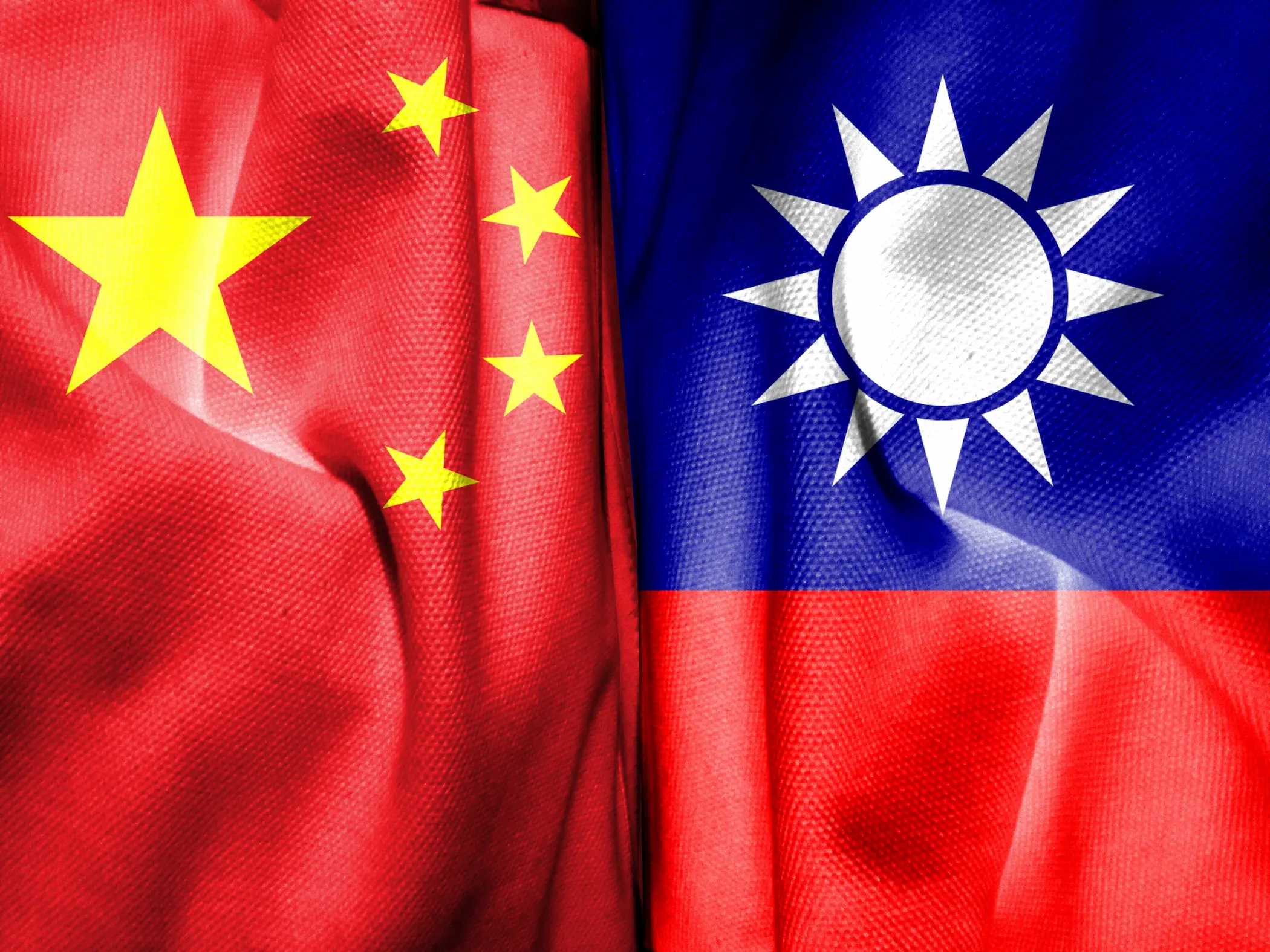
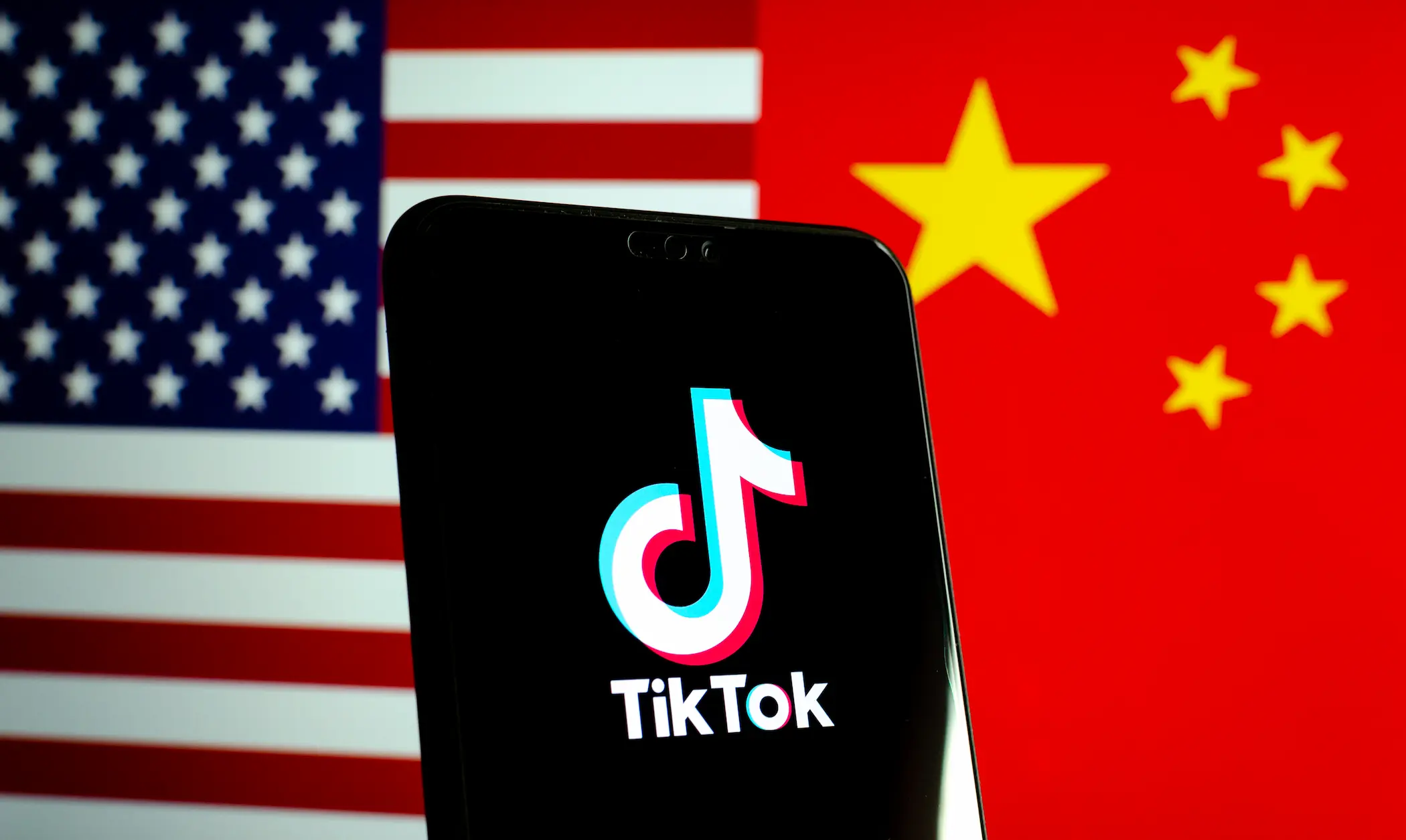



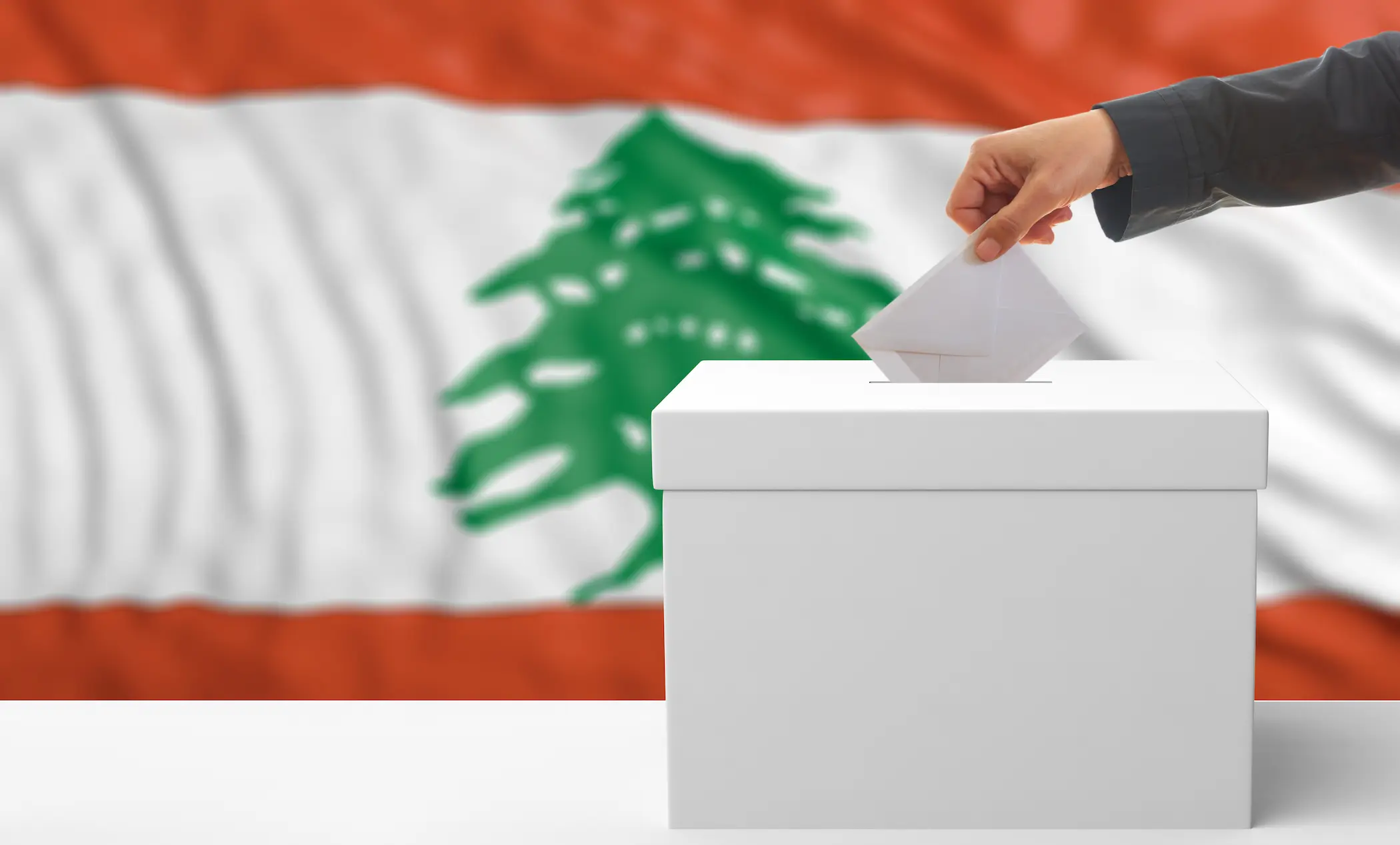
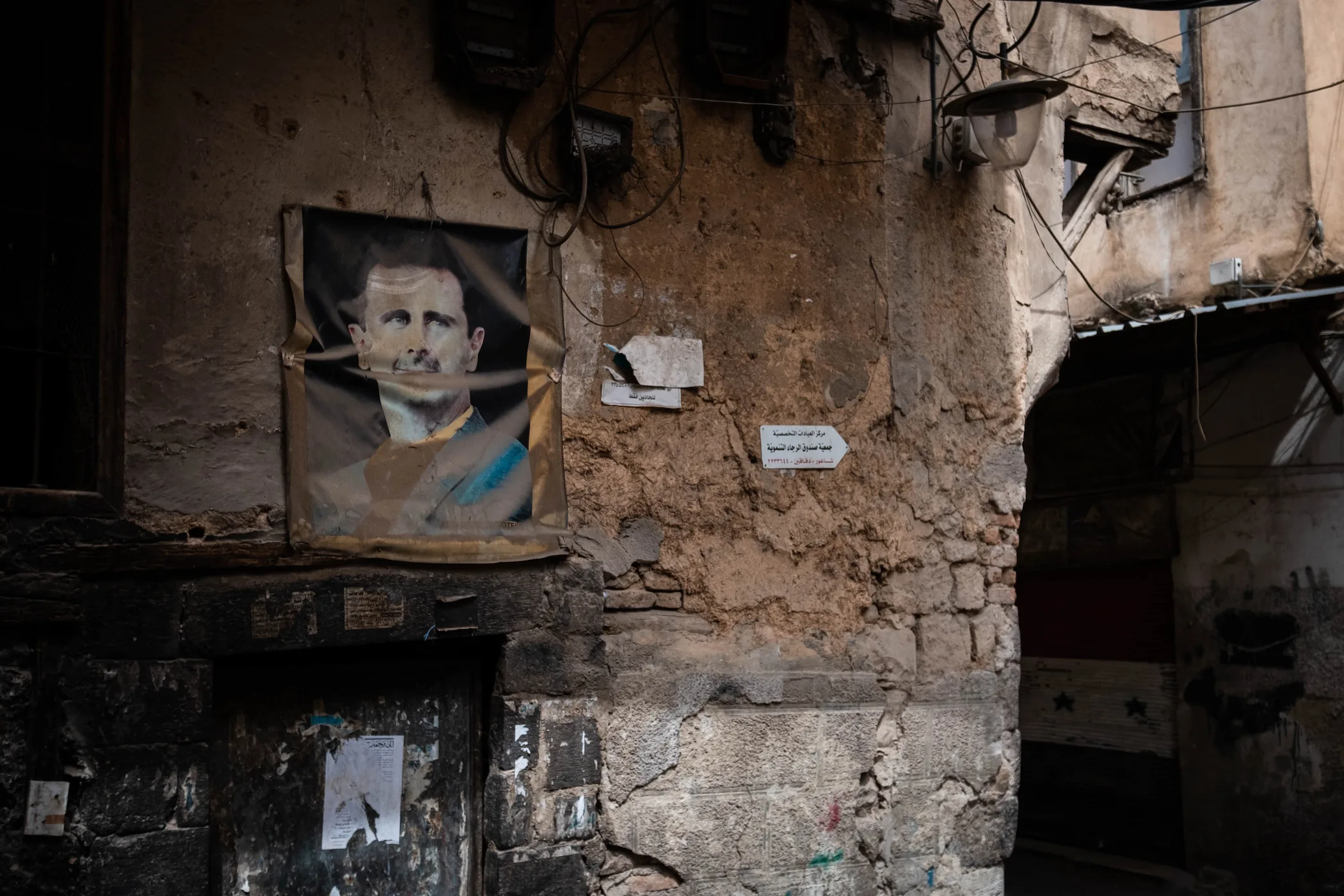





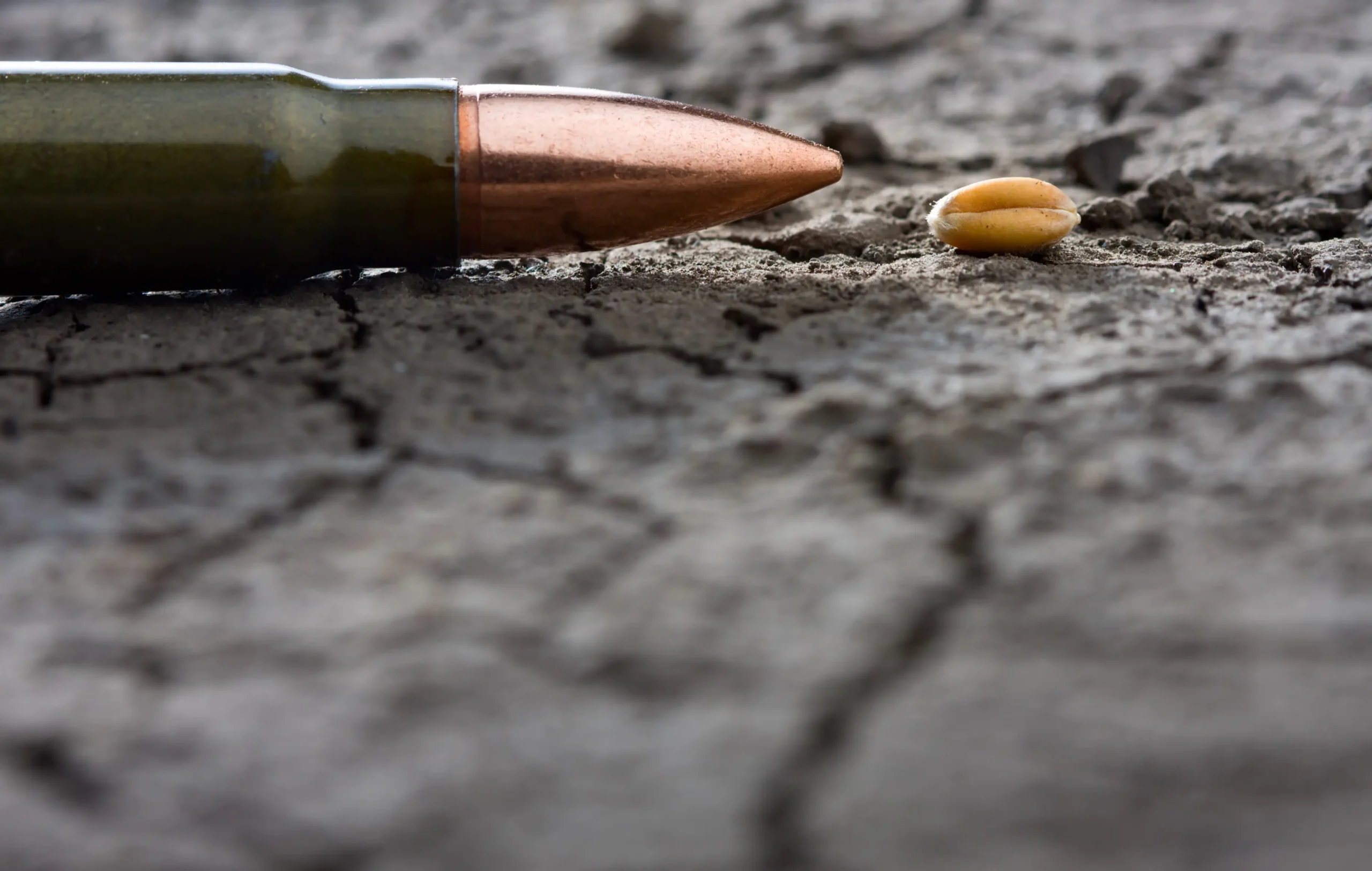
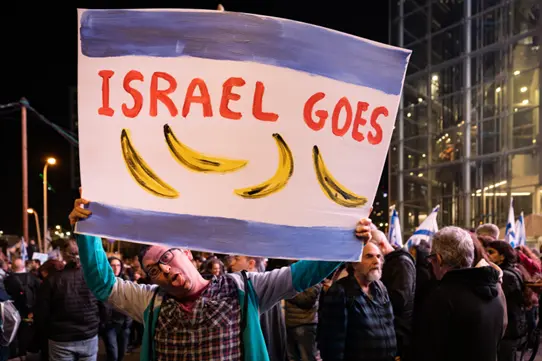
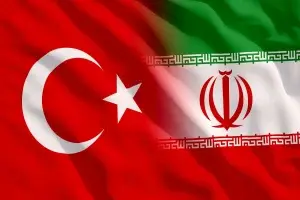

Comments